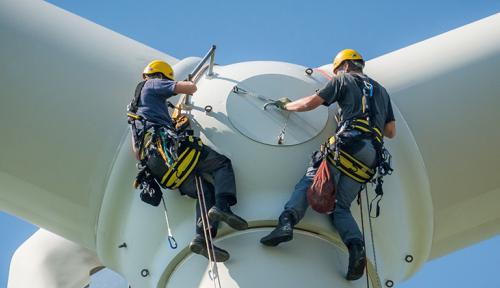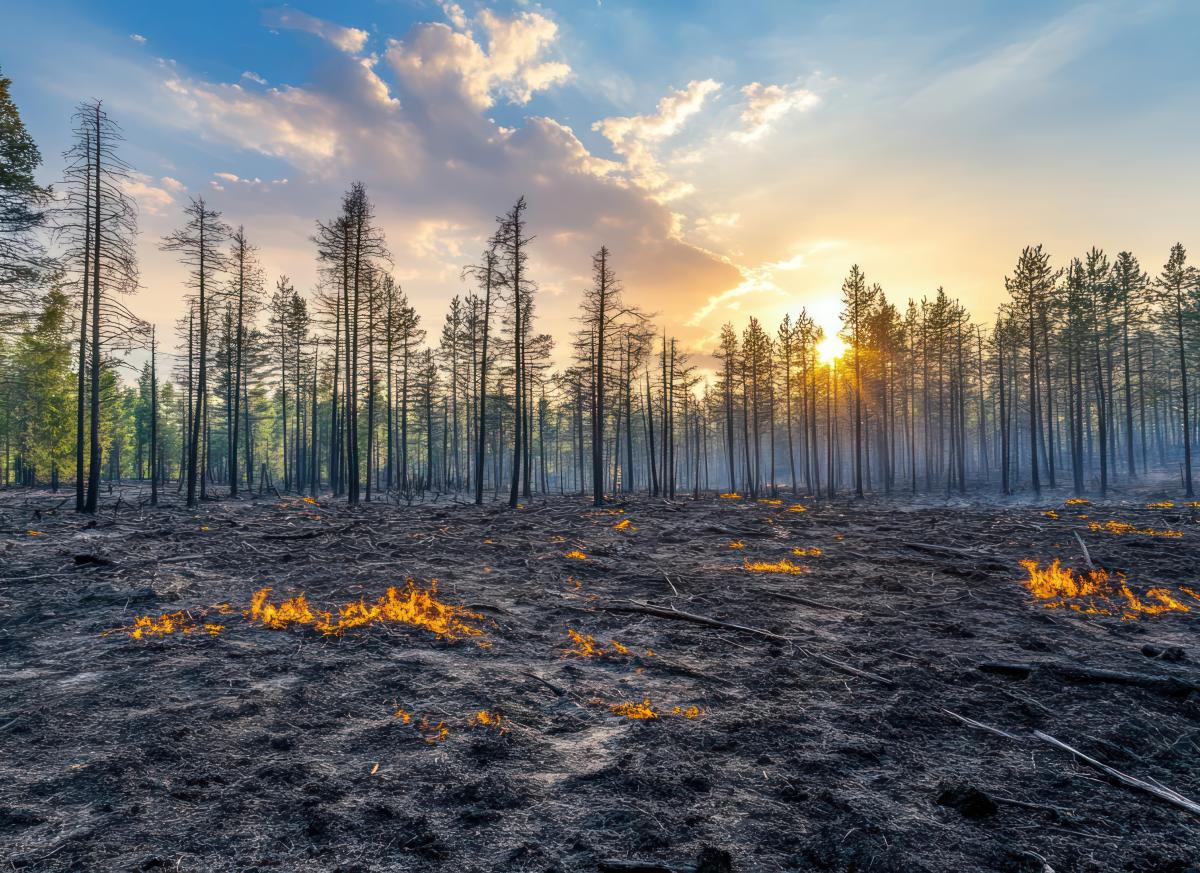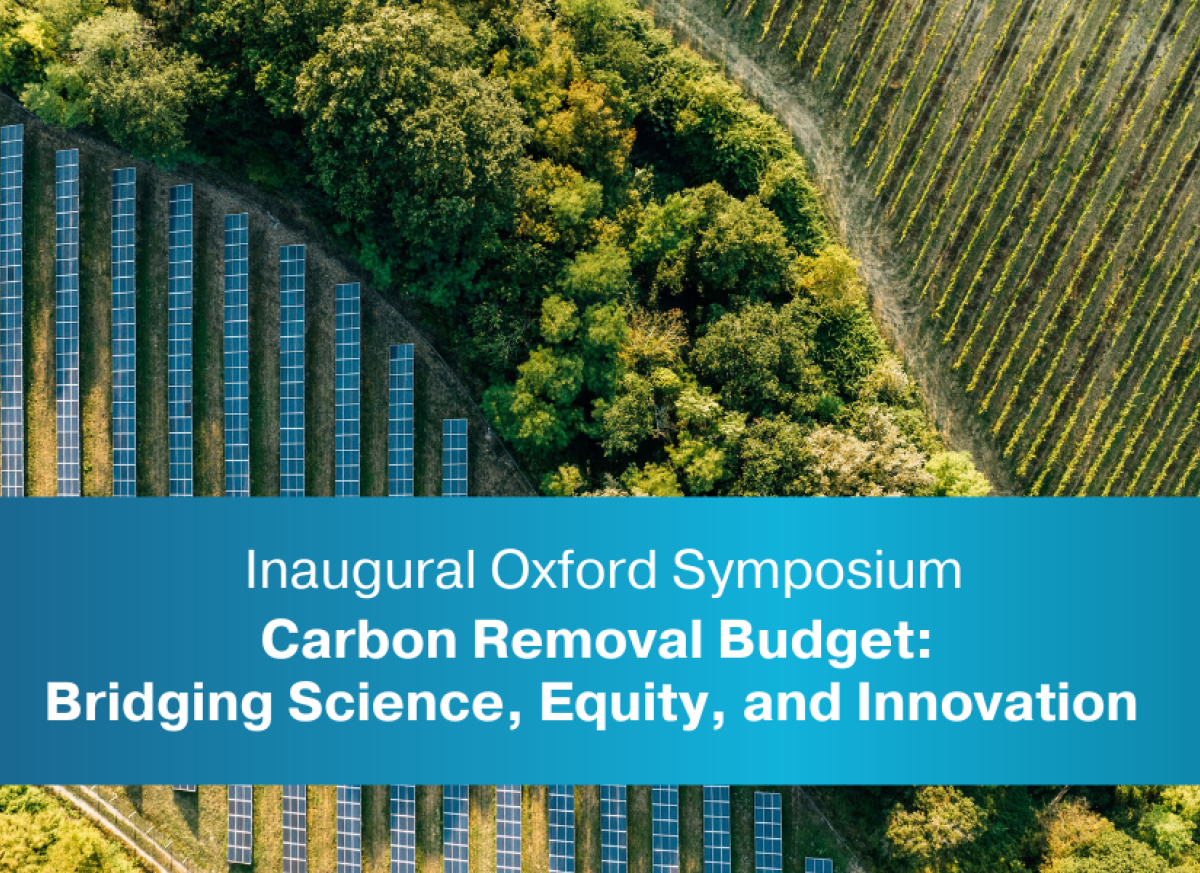New report
The Renewable Energy Entrepreneurs of the Global South
The renewable energy entrepreneurs are introducing new business models and value propositions that are changing the way energy is provided. Renewable energy firms offer a much wider range of products and services than traditional utilities.
Developed in partnership with Sustainable Energy for All and Scottish and Southern Energy (SSE)
Research
We are interested in the transition to net zero emissions and sustainable development. Progress towards sustainability will require not just thoughtful government intervention but also major shifts in the behaviour of households, workers and firms. Our research extends across the economic system to identify the crucial points where small actions can generate large-scale positive change. Our goal is to help policy makers implement the fast and comprehensive shifts necessary for establishing environmentally sustainable development pathways.
Engagement and Events
Latest news
Retreat of DEI has not changed priorities of executive education
The FT finds many schools are responding with renewed commitment to diversity and environmental issues, and highlights the Smith School's 'Oxford Sustainable Business Programme' run in partnership with the Said Business School and Oxford Net Zero.
The Climate Question: Can nature help us to store carbon?
BBC World Service interviews Steve Smith, Arnell Associate Professor of Greenhouse Gas Removal, about solutions for carbon dioxide removal including enhanced rock weathering.
One lawsuit just helped melt the fossil fuel industry’s defence against being held accountable for climate change
Ben Franta explains how a new court case has confirmed the principle that private companies can be held liable for climate damage.
World Forum on Enterprise & the Environment 2025
The Smith School's flagship event is back. University of Oxford. Invitation only.
World Forum on Enterprise & the Environment 2025
The Smith School's flagship event is back. University of Oxford. Invitation only.
Inaugural Oxford Symposium on the Carbon Removal Budget: Bridging Science, Equity, and Innovation.
This symposium will bring together experts across disciplines to examine the CRB as a scientific tool, a policy mechanism, and a matter of climate justice.









